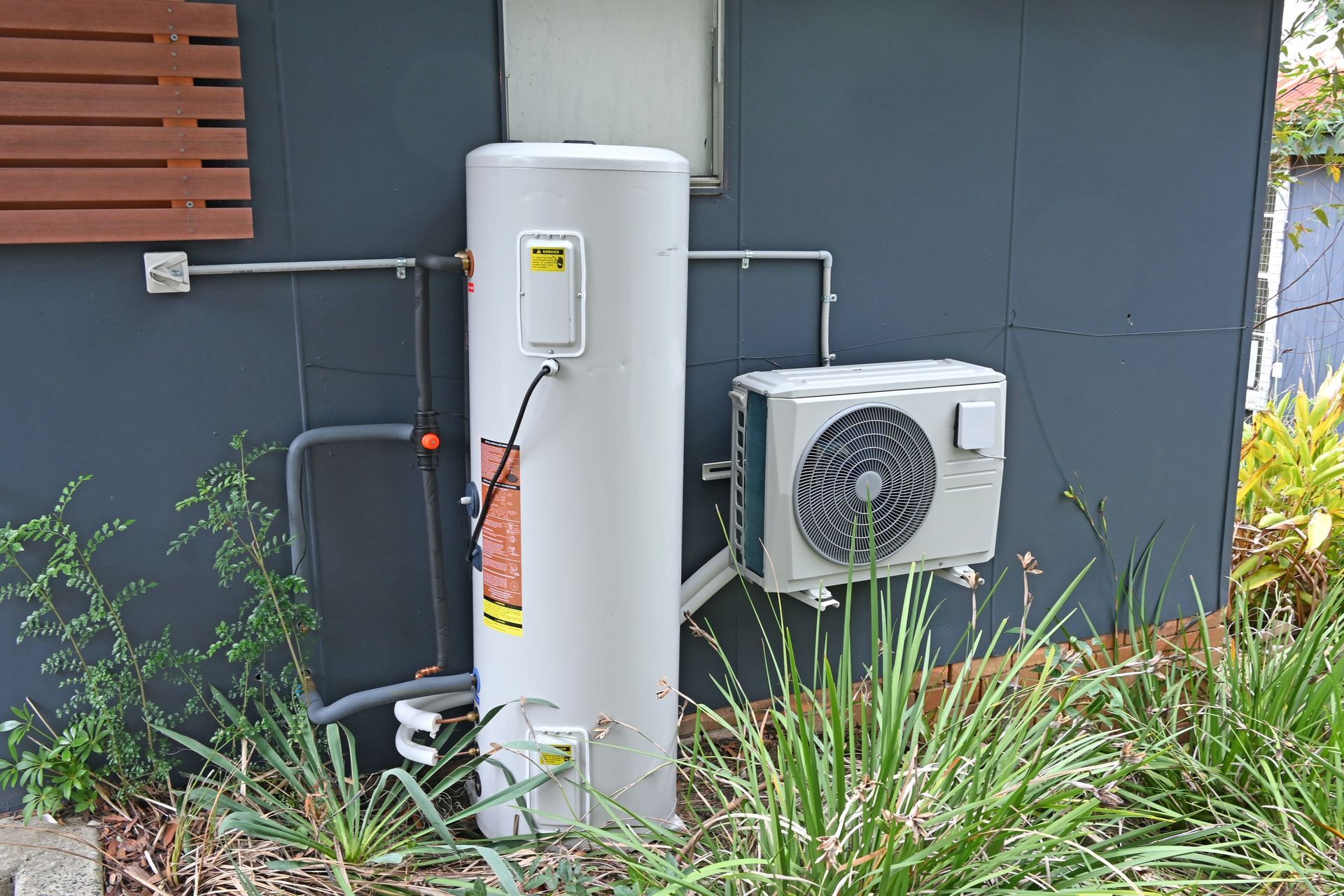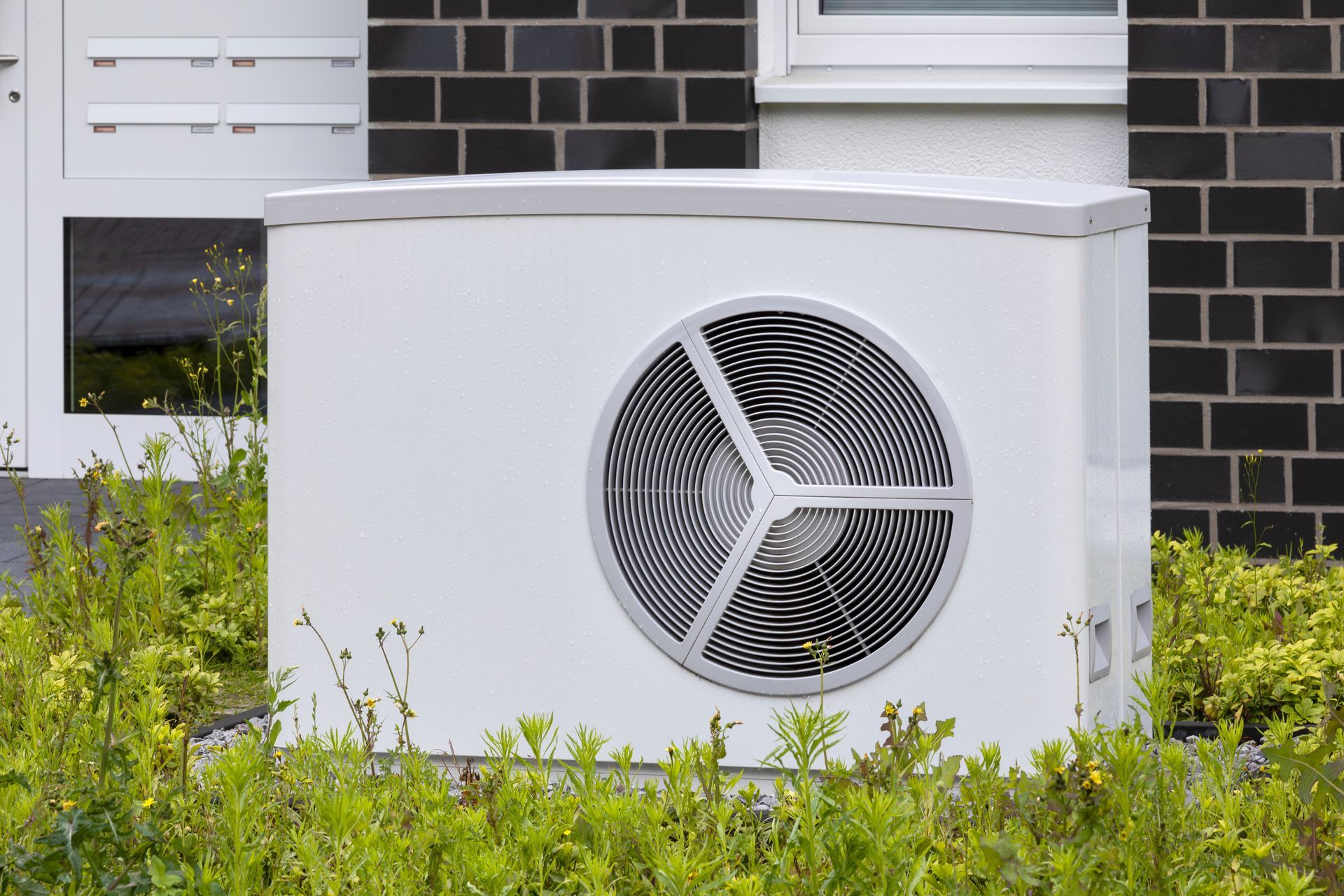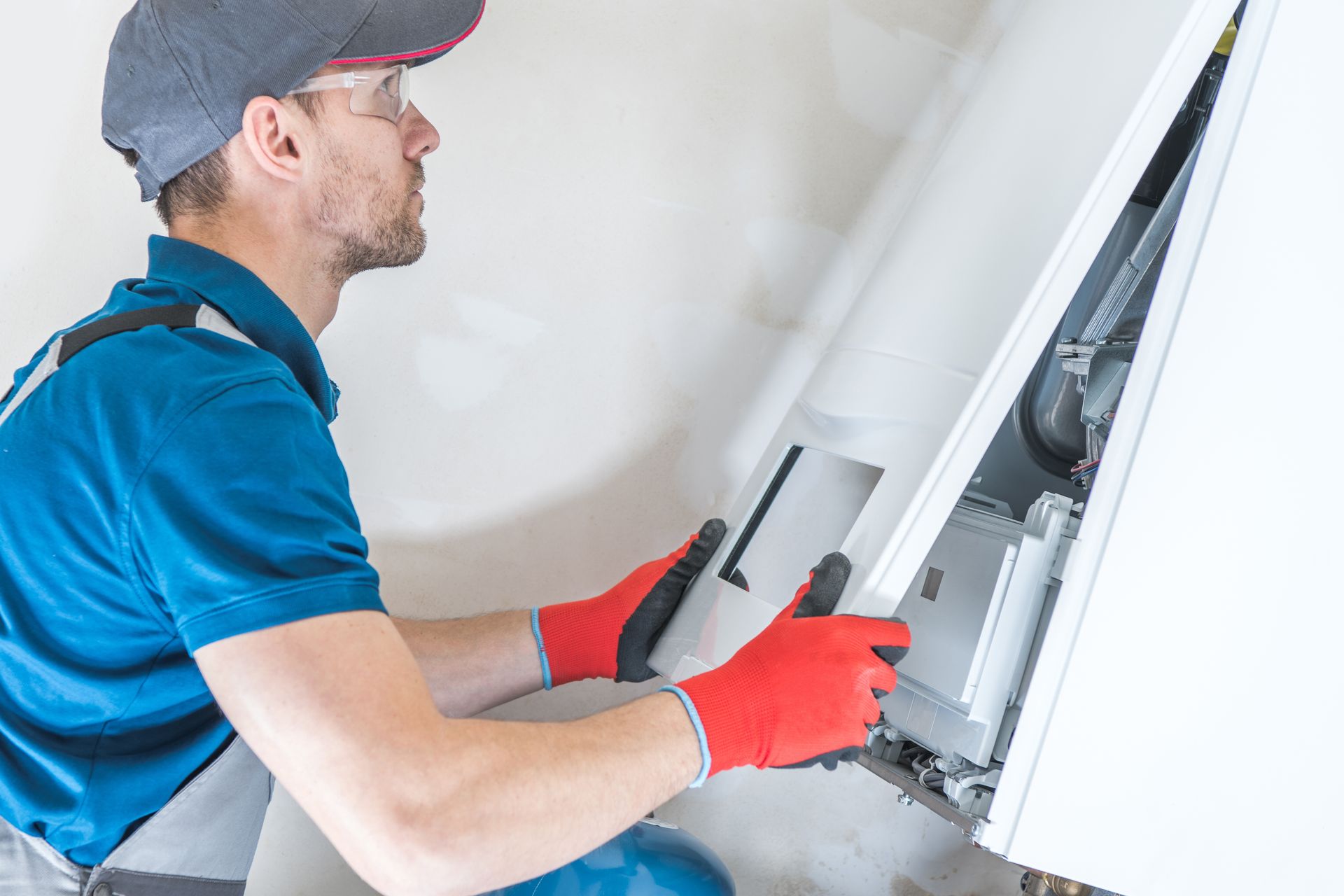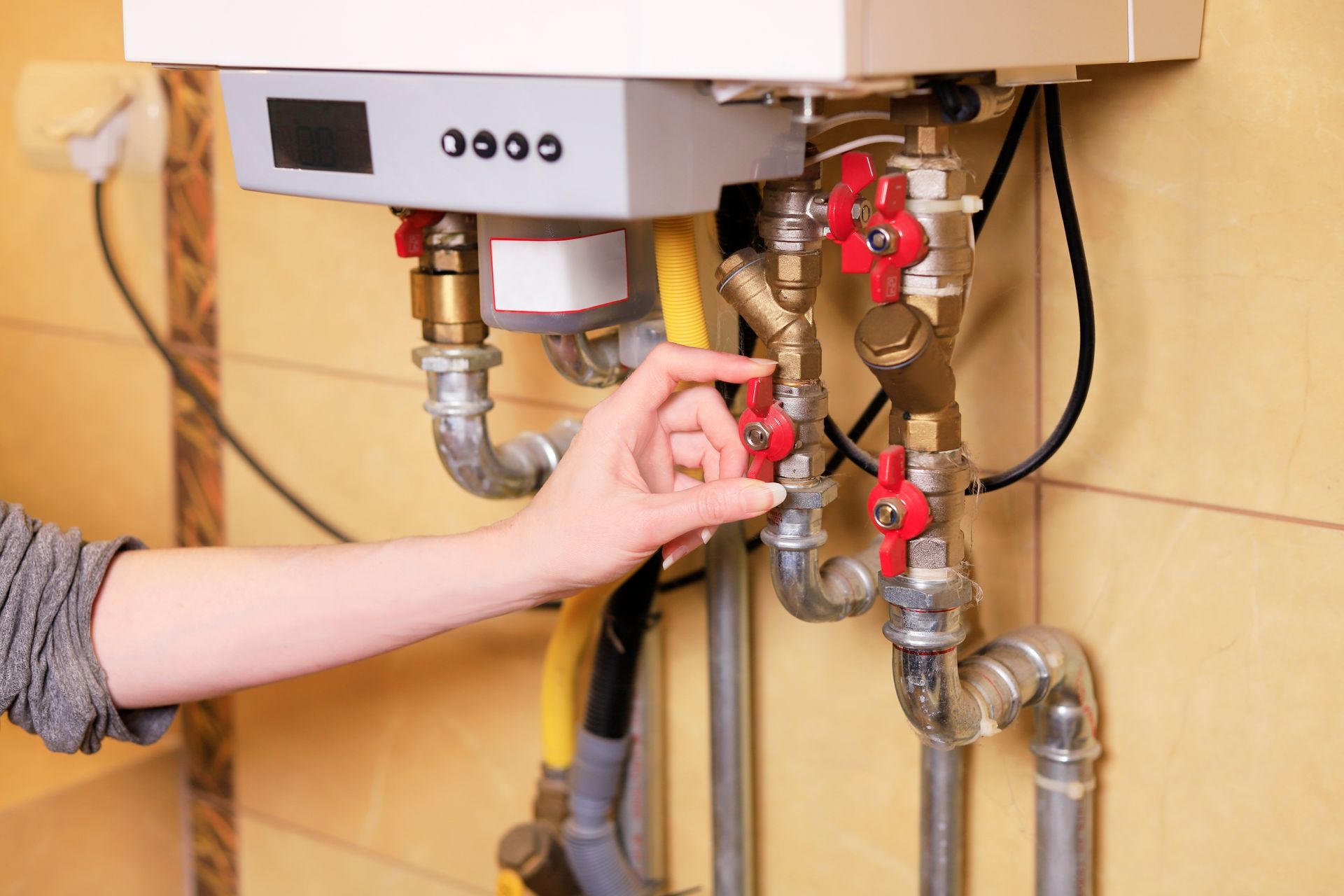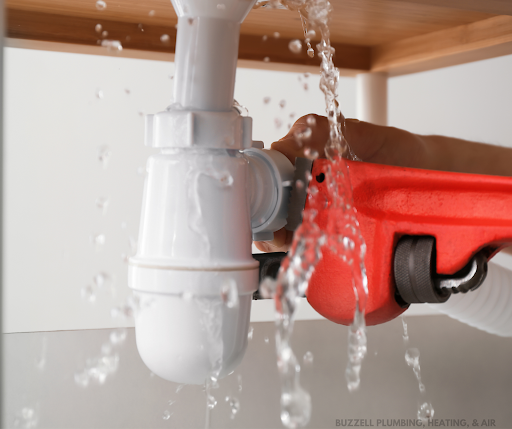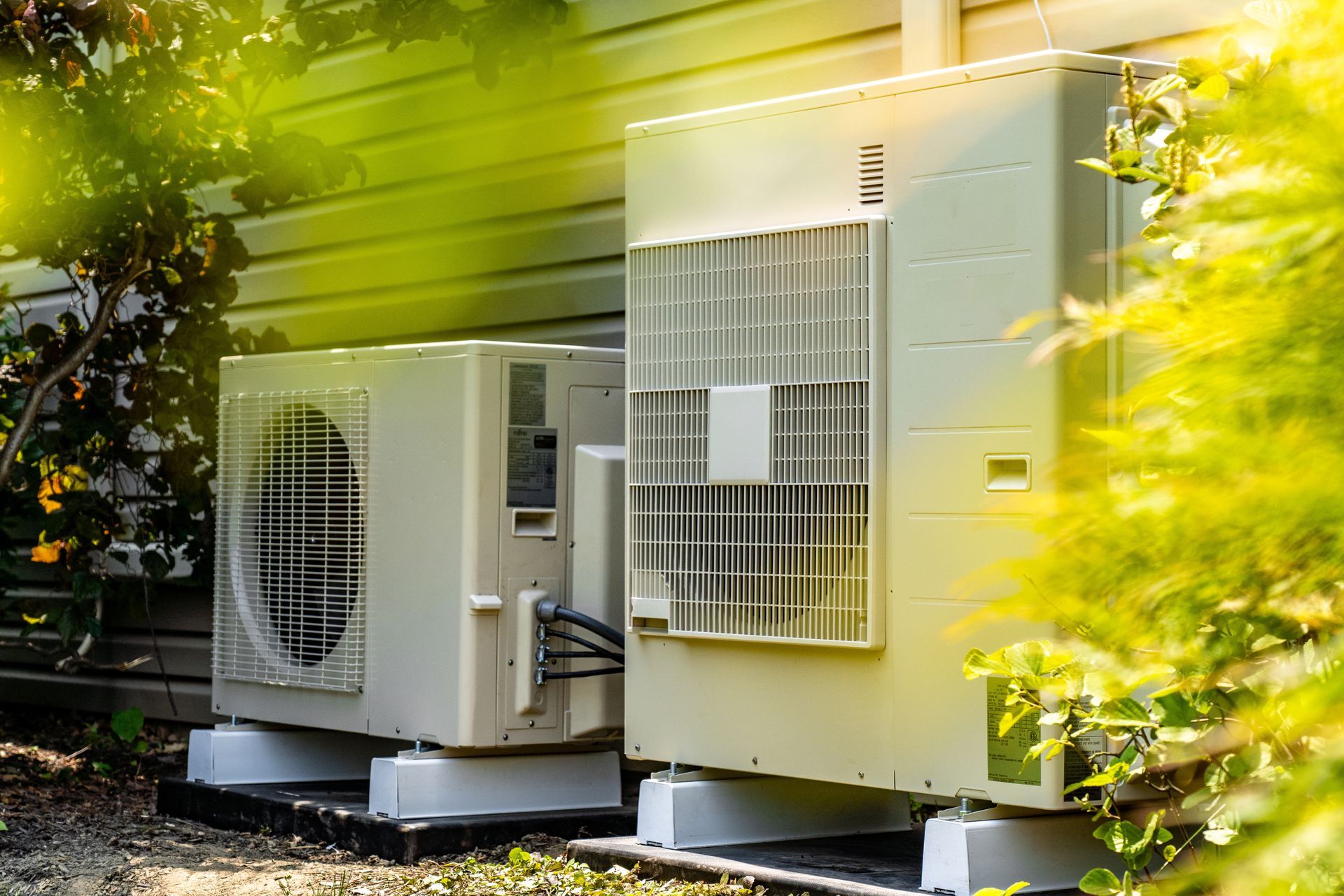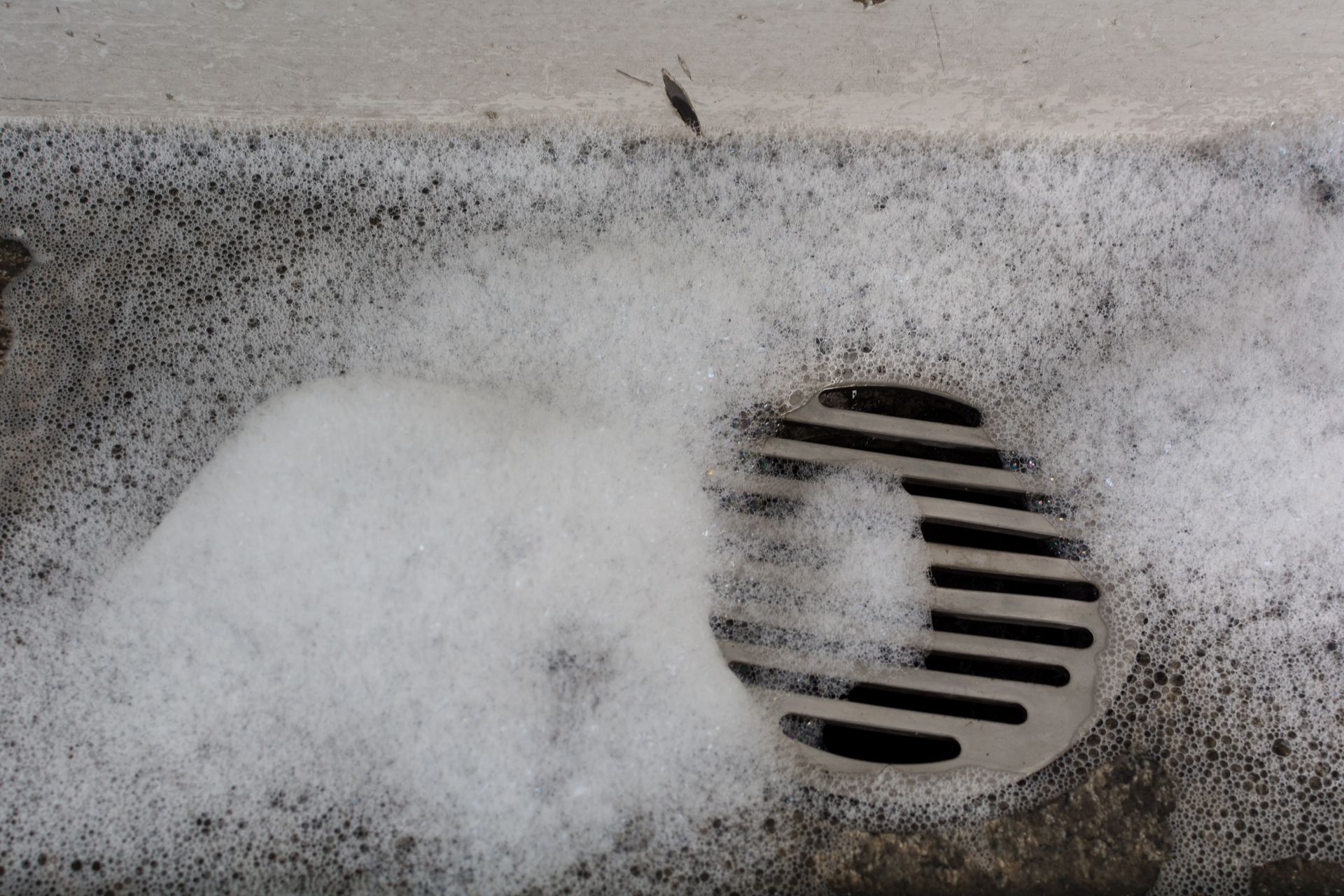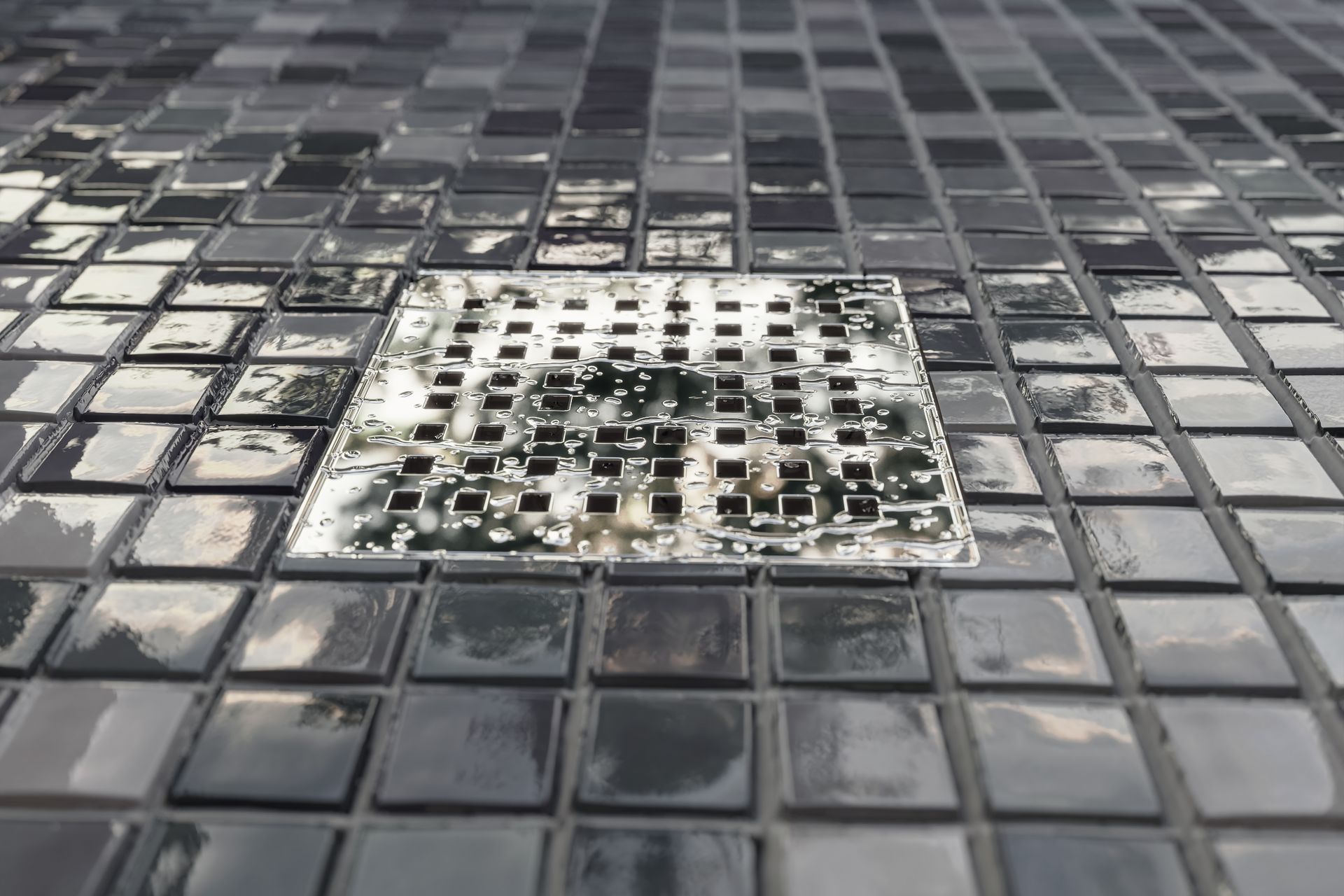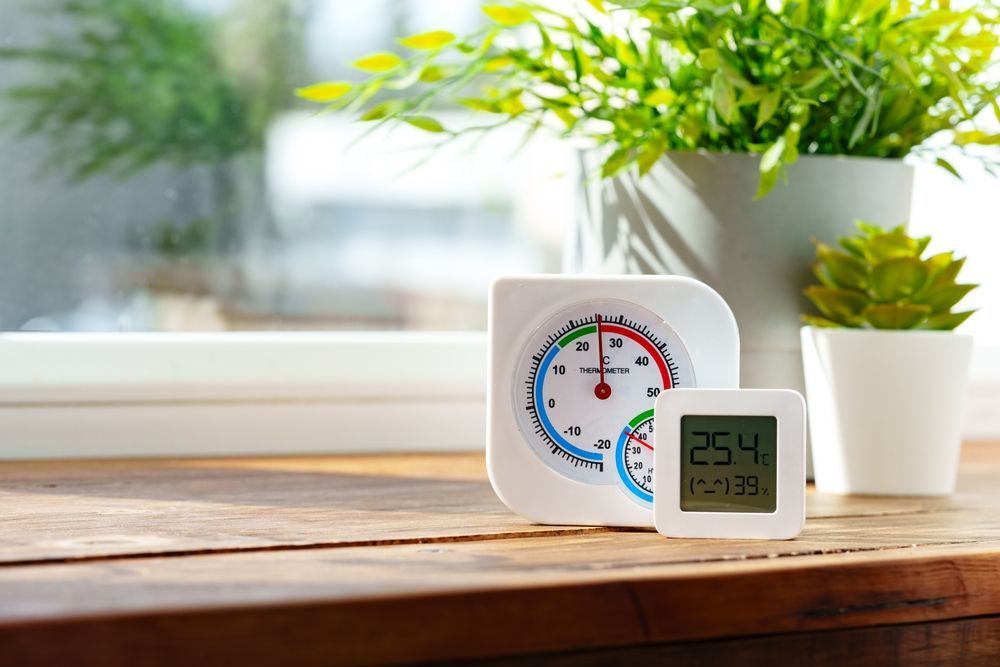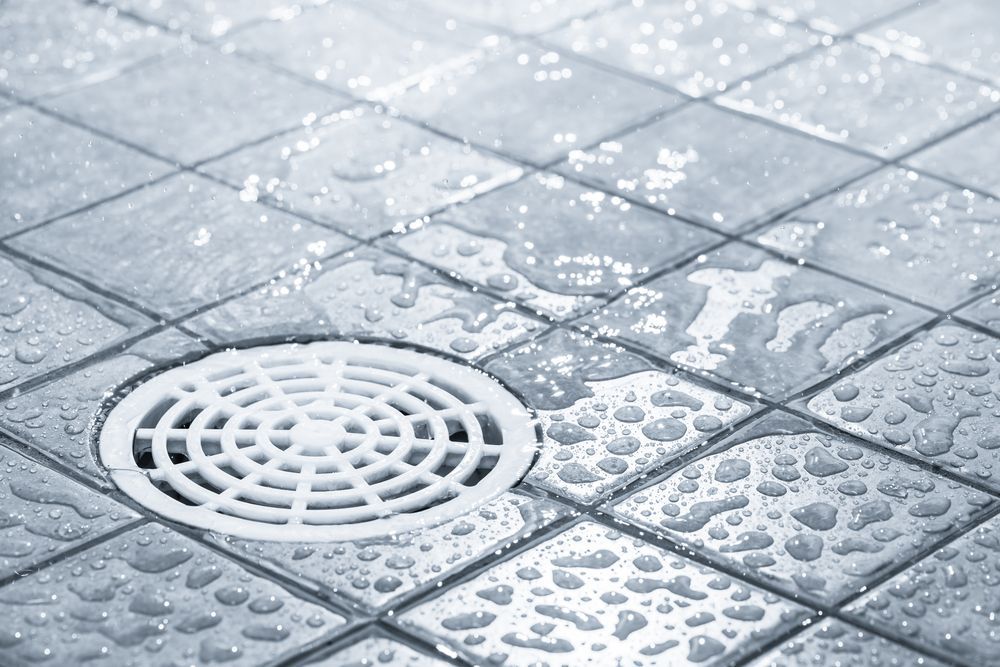Water Heater Chronicles: What You Need to Know About Installation and Replacement
One of the most essential elements in maintaining a comfortable and functional home is your water heater. It's a vital part of daily life, providing the hot water you need for bathing, cooking, cleaning, and more. But like any system in your home, water heaters only last a while. Whether installing a new water heater or replacing an old one, it's crucial to understand the process to ensure your home's safety and efficiency.
Water Heater Installation: Understanding the Basics
Water heater installation refers to installing a new water heater in your home. It involves several steps, including selecting the right type of water heater, preparing the installation area, and connecting the new unit to your home's plumbing and electrical systems.
When done correctly, a new water heater installation can significantly improve your home's energy efficiency and provide a reliable hot water supply. However, it's not a task to be taken lightly. Water heater installations can be complex and even dangerous if not handled correctly, making them typically best left to professional plumbers.
Types of Water Heaters: Exploring Options for Your Home
When it comes to water heaters, homeowners have many options. Here's a brief overview of the most common types:
- Tank Water Heaters
These are the most traditional type of water heaters. They store and heat water in a large tank until it's needed. While they're usually the least expensive option, they can also be less energy-efficient than other types due to standby heat loss.
- Tankless Water Heaters
Also known as demand-type or instantaneous water heaters, these models heat water directly without using a storage tank. They're typically more energy-efficient than traditional tank water heaters but can be more expensive to install.
- Heat Pump Water Heaters
Also known as hybrid water heaters, these models use heat from the air or ground to heat water, making them highly energy-efficient. However, they're more expensive upfront and may require more space than other water heaters.
Signs That You Need a New Water Heater: Identifying Common Indicators
Recognizing the signs that your water heater needs to be replaced can help you avoid a sudden lack of hot water or a potential water damage incident. Here are a few indicators:
- Age of Current Unit
The lifespan of a water heater typically ranges from 8 to 12 years. If your unit is in this age range, it might be time to consider a replacement.
- Lack of Hot Water
If you're not getting as much hot water as you used to, or if the water isn't getting as hot as it should, this could be a sign that your water heater is failing.
- Rusty Water
If you notice rust or sediment in your hot water, this could be a sign that your water heater is rusting on the inside, leading to leaks.
Preparing for Installation: Essential Steps Before Getting Started
Before installing a new water heater, there are a few steps you'll need to take to prepare:
- Choosing the Right Location
Your new water heater should be installed in a clean, dry area where it's easily accessible for maintenance. It should also be placed near the existing water and gas lines.
- Sizing Considerations
You'll need to choose a water heater that's the right size for your home. This depends on the number of people in your home and your typical hot water usage.
- Shutting Off Utilities
Before the installation begins, you must shut off the water, gas, and electricity to the existing water heater.
Installation Process: Step-by-Step Guide
While the specific steps can vary depending on the type of water heater, here's a general overview of the installation process:
- Drain the Tank
If you're replacing an existing water heater, you'll need to drain the old tank before you can remove it.
- Disconnect the Old Unit
Next, disconnect the old water heater from the gas, water lines, and electrical connections.
- Connect the New Water Heater
Once the old unit is removed, the new water heater can be connected to the gas line, water lines, and electrical connections.
Safety Precautions: Ensuring a Safe Installation Process
A water heater installation involves working with gas, water, and electricity, which can be dangerous if not handled correctly. Here are some safety precautions to keep in mind:
A water heater installation involves working with gas, water, and electricity, which can be dangerous if not handled correctly. Here are some safety precautions to keep in mind:
- Proper Ventilation
If you're installing a gas water heater, it's crucial to ensure proper ventilation to prevent carbon monoxide buildup.
- Leak Prevention
All connections should be properly sealed to prevent water and gas leaks.
- Electrical Wiring
When connecting the water heater to your home's electrical system, follow all local codes and regulations to prevent electrical shocks and fires.
Professional vs. DIY Installation: Pros and Cons
While some homeowners may be tempted to install their water heaters to save money, it's typically a job best done by professionals. DIY installations can be dangerous and may result in incorrect installation, leading to water leaks, gas leaks, or even a malfunctioning water heater.
Professional installers have the training and experience to install your water heater correctly and safely. They can also handle any necessary permits and inspections and dispose of your old water heater for you.
Water Heater Replacement: When It's Time for an Upgrade
If your water heater is over ten years old, frequently requires repairs, or doesn't provide enough hot water, it may be time for a replacement. Replacing your water heater can improve your home's energy efficiency and ensure a reliable hot water supply.
When replacing your water heater, you'll need to choose a new unit that suits your home's hot water needs. You'll also need to decide whether to stick with the same type or upgrade to a different model.
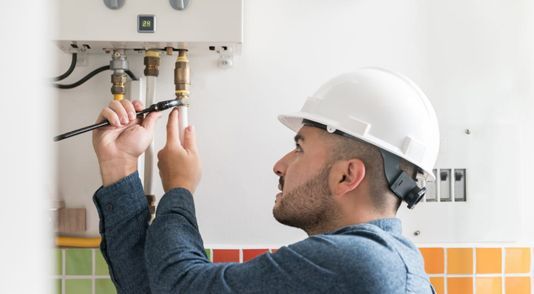
Maintaining Your Water Heater: Extending the Lifespan of Your Unit
Regular maintenance can extend the lifespan of your water heater and prevent costly repairs. This includes regularly draining the tank to remove sediment, checking for leaks, and inspecting the anode rod, which helps prevent corrosion.
Choosing the Right Plumbing Service: Why Buzzell Plumbing Is Your Trusted Partner
When it comes to water heater installation and replacement, it's crucial to choose a trusted professional. With years of experience and a commitment to customer satisfaction, Buzzell Plumbing is your go-to choice for all your water heater needs.
Ensure Optimal Performance and Efficiency with Proper Water Heater Installation and Replacement
Proper water heater installation and replacement are crucial for ensuring optimal performance and efficiency. By understanding the process, recognizing when it's time for a replacement, and choosing a trusted professional, you can enjoy a reliable hot water supply in your home for years to come.
